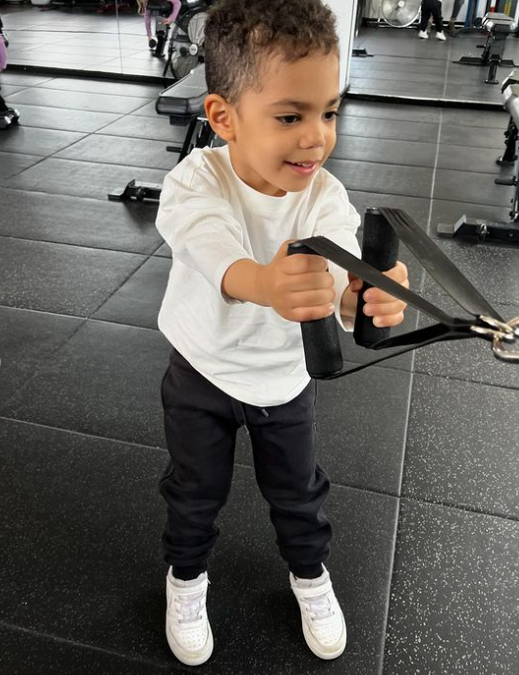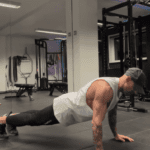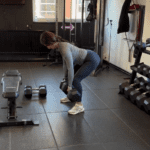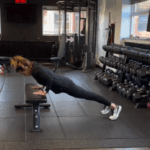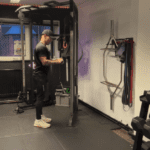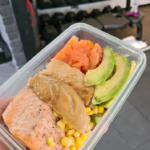Personal trainers can play an important role in introducing children to fitness at a young age, but it is crucial to tailor the approach to be age-appropriate and fun. Chris and Stu are big advocates for bringing their children into the gym, and showing them how to correctly use the equipment and do age-appropriate exercises.
Here are some considerations for training children:
For younger children (under 8 years old), focus on bodyweight exercises, fundamental movement skills, and strength training with light resistance.
As children get older, you can gradually introduce more complex exercises and increase resistance, always prioritising proper form and technique.
Nutrition:
While personal trainers should not provide detailed nutrition advice unless specifically qualified, they can teach children about the fundamental benefits of exercise and healthy eating habits. Emphasise the importance of balanced meals and staying hydrated.
Gym exercise with parents:
Involving parents in the training process can be beneficial. Consider exercises that both parent and child can do together, such as partner squats, medicine ball passes or assisted pull-ups; this can help reinforce healthy habits at home and provide bonding opportunities.
Biking and walking:
These are excellent low-impact activities for children of all ages. For biking, focus on safety first, teaching proper bike handling skills and traffic awareness. For walking, make it fun by incorporating scavenger hunts or nature walks. Both activities can be great for family fitness outings.
General guidelines for training children: 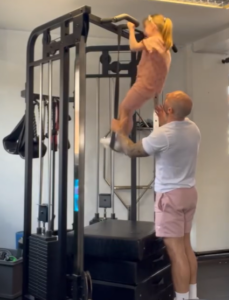
- Make it fun: Keep activities engaging and enjoyable to maintain children’s interest in fitness.
- Set realistic goals: Involve children in goal-setting to increase their motivation and sense of achievement.
- Focus on overall health: Emphasise the benefits of exercise for overall well-being rather than appearance.
- Keep sessions short: Break activities into shorter blocks to maintain attention and prevent boredom.
- Monitor progress: Regularly communicate progress to the child.
- Adapt as they grow: Continuously adjust the program as the child develops physically and mentally.
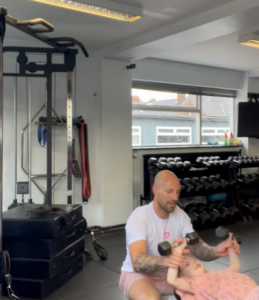
- Prioritise safety: Always conduct proper risk assessments and be mindful of potential injuries.
Remember, the primary goal should be to instill a love for physical activity and healthy living that will last a lifetime. By creating positive experiences with fitness at a young age, personal trainers can help set children on a path to long-term health and well-being.
A Personal Trainer is an investment in your health and well-being that can lead to long-term positive effects on your fitness, confidence, and overall health. PT Hale prides itself on being a social and safe space where you can work out individually, or with like-minded people to get the results that you want and deserve – LET’S GO!

